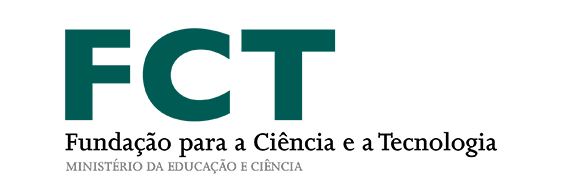Book project “WASTE MANAGEMENT AND RESOURCE RECYCLING IN THE DEVELOPING WORLD”
Editors:
-
Pardeep Singh (Department of Environmental Science, PGDAV College, University of Delhi)
-
Rishikesh Singh (Integrative Ecology Laboratory (IEL), Institute of Environment and Sustainable Development, Banaras Hindu University)
-
Pramit Verma (Institute of Environment & Sustainable Development, Banaras Hindu University)
-
Arif Ahamad (Department of Environmental Science, Daulat Ram College, University of Delhi)
-
André Cavalcante da Silva Batalhão (Center for Environmental and Sustainability Research, Nova University Lisbon)
Invitation to submit your work to the forthcoming book “WASTE MANAGEMENT AND RESOURCE RECYCLING IN THE DEVELOPING WORLD”, to be published by Elsevier, USA.
Send your abstract (150 words) with 5-7 keywords and a brief chapter outline. Each chapter will be sent to at least three reviewers after which the final decision will be communicated.
Please send your abstracts to André Batalhão: andre.ciamb.ufg@gmail.com
Important deadlines:
-
Abstract submission - 1st November 2020
-
Full chapter submission - 15th March 2021
-
Final decision after revision - 1st July
Tentative table of contents
Section 1 - Generation of Waste Problem to Possible Solution in Developing and Under Developing Nations
1. Waste generation in developing countries: MSW, agricultural and industrial
Accessibility to waste management for the urban poor
Factors (socio-economic) influencing waste generation and management, rural (agricultural) and urban (electronic, MSW, etc.) waste
2. Trade-offs between population growth and waste management practices (recycle, reuse, reduce, landfills, incineration, etc.), Global South perspective
3. Waste Characterization
Section 2 – E-waste
4. E-waste management lessons from developed countries
5. Transnational transport of e-waste and implications on human well-being and climate change
6. Advances in e-waste management technologies
7. Biological methods for the treatment of e-waste
8. Chemical Methods for the treatment of e-waste
9. Advances in methods for e-waste treatment management
10. Application of remote sensing and GIS: disposal and monitoring of e-waste
11. Policy implications and laws for e-waste
12. Case Studies: e-waste in developing countries
Section 3 – Industrial Waste
13. Industrial waste management lessons from developed countries
14. Transnational transport of industrial waste and implications on human well-being and climate change
15. Advances in industrial waste management technologies
16. Biological methods for the treatment of industrial waste
17. Chemical Methods for the treatment of industrial waste
18. Advances in methods for industrial waste treatment management
19. Application of remote sensing and GIS: disposal and monitoring of industrial waste
20. Policy implications and laws for industrial waste
21. Case Studies: industrial waste in developing countries
Section 4 – Biomedical/Hazardous Waste
22. Biomedical/hazardous waste management lessons from developed countries
23. Transnational transport of biomedical/hazardous waste and implications on human well-being and climate change
24. Advances in biomedical/hazardous waste management technologies
25. Biological methods for the treatment of biomedical/hazardous waste
26. Chemical Methods for the treatment of biomedical hazardous waste
27. Advances in methods for biomedical/hazardous waste treatment management
28. Application of remote sensing and GIS: disposal and monitoring of biomedical/hazardous waste
29. Policy implications and laws for biomedical/hazardous waste
30. Case Studies: biomedical/hazardous waste in developing countries
Section 5 – Sustainable Waste Management
31. Waste to Energy MSW and Agriculture Residue
32. Waste to Economy
33. Application of waste-to-economy practices: implications for environmental and human health
34. Cost-benefit ratio for waste to economy
35. Conversion of waste materials into different byproducts of economic value
35. Regional carrying capacity for waste management - Shifting focus from waste generation to sustainable consumption (waste minimization)
36. Zero waste: A holistic view of the sustainable management of resources
37. Case Studies
38. Future Implications for Developing Countries




